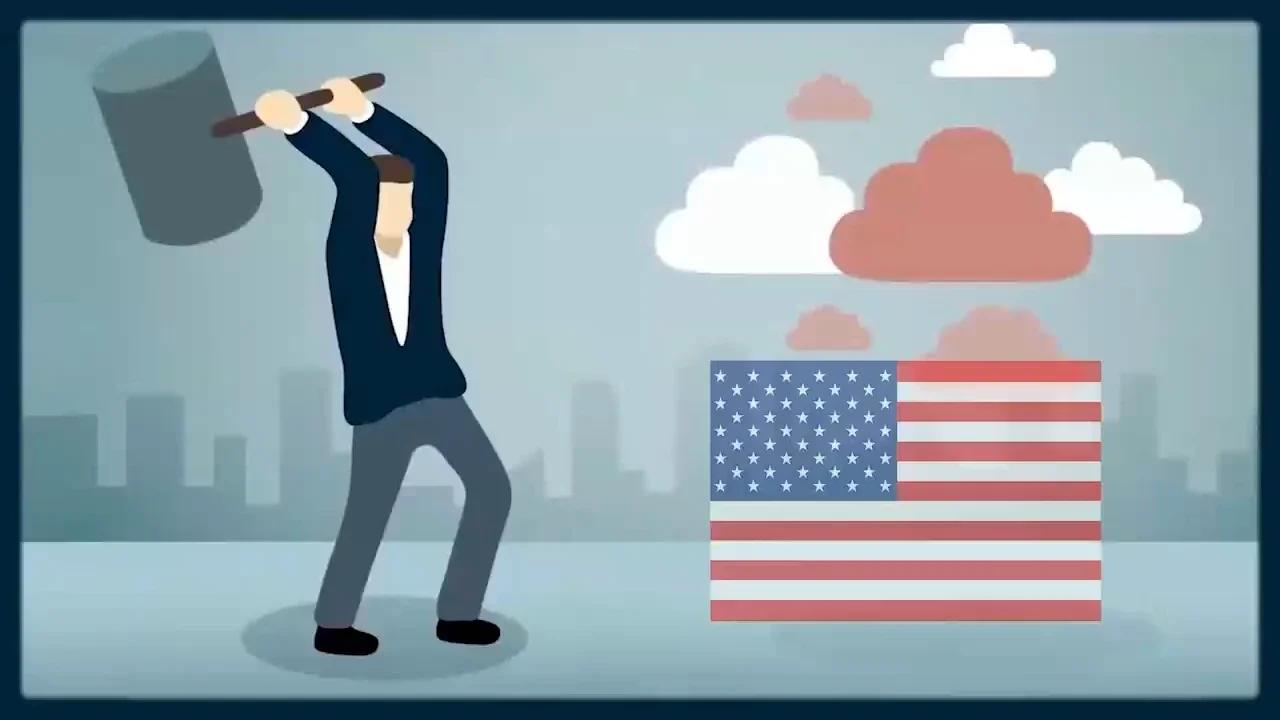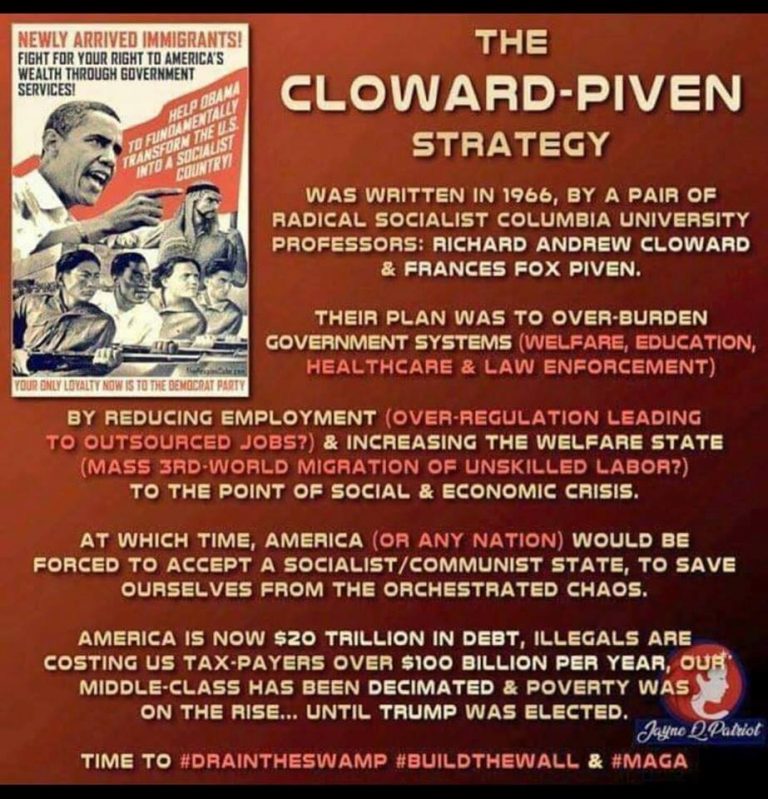Regulating the Poor by Frances Fox Piven and Richard Cloward is a groundbreaking work that explores the historical and structural dimensions of poverty and social policy in the United States. This seminal book, first published in 1971, challenges traditional perspectives on welfare and poverty by arguing that welfare systems are not designed to eradicate poverty but rather to manage and control it. As you delve into this critical analysis, you will gain a deeper understanding of how welfare policies have been shaped by political and economic forces over time.
The book provides a critical lens through which to view the welfare state, arguing that the system is inherently flawed in its design. By examining historical patterns and systemic issues, Piven and Cloward offer insights into why poverty persists despite the existence of welfare programs. Their work remains relevant today as discussions around social inequality and welfare reform continue to dominate public discourse.
In this article, we will explore the key arguments presented by Piven and Cloward, their critique of welfare systems, and the implications of their findings for contemporary social policy. Through an in-depth examination of their work, we aim to provide a comprehensive understanding of how welfare policies have been used to regulate the poor and maintain social hierarchies.
Read also:Michael Clarke Duncan Funeral A Celebration Of Life And Legacy
Table of Contents
- Introduction to Piven and Cloward
- The Concept of Regulating the Poor
- Historical Context of Welfare Policies
- Key Arguments of Piven and Cloward
- Critique of the Welfare System
- Impact of Policies on the Poor
- The Role of Political Economy
- Modern Applications of Their Theory
- Contemporary Relevance of Their Work
- Conclusion and Future Directions
Introduction to Piven and Cloward
Frances Fox Piven and Richard Cloward are renowned sociologists whose work has profoundly influenced the study of social welfare and inequality. Their collaboration began in the 1960s, during a period of significant social and political upheaval in the United States. Piven and Cloward's research focused on the intersections of poverty, welfare, and political power, challenging conventional wisdom about the role of welfare systems in addressing social issues.
Background and Expertise
Piven and Cloward's academic backgrounds and expertise in sociology and political science provided them with a unique perspective on the complexities of poverty and welfare. Their work is grounded in rigorous research and a deep understanding of the historical and political contexts that shape social policies. This foundation allows them to offer critical insights into the functioning of welfare systems and their impact on marginalized populations.
The Concept of Regulating the Poor
At the heart of Piven and Cloward's analysis is the concept of "regulating the poor," which refers to the ways in which welfare policies are designed to control and manage impoverished populations rather than alleviate poverty. This perspective challenges the notion that welfare systems are primarily aimed at providing relief and support to those in need. Instead, the authors argue that these systems serve to maintain social order by containing dissent and reinforcing existing power structures.
Key Elements of Regulation
- Control through bureaucratic processes
- Creation of dependency on state-provided resources
- Reinforcement of social hierarchies
Historical Context of Welfare Policies
To fully understand the arguments presented by Piven and Cloward, it is essential to examine the historical development of welfare policies in the United States. From the Poor Laws of the colonial era to the establishment of modern welfare programs, the evolution of these systems reflects broader societal attitudes toward poverty and social responsibility.
Key Historical Milestones
- The Poor Laws: Early mechanisms for addressing poverty
- The New Deal: Expansion of federal involvement in social welfare
- War on Poverty: Efforts to address systemic inequality
Key Arguments of Piven and Cloward
Piven and Cloward present several key arguments in their analysis of welfare systems. First, they argue that welfare policies are inherently flawed in their design, as they prioritize control over relief. Second, they contend that these systems perpetuate cycles of poverty by creating dependency rather than fostering self-sufficiency. Finally, they emphasize the role of political and economic interests in shaping welfare policies.
Supporting Evidence
Research and historical data support Piven and Cloward's claims. For example, studies have shown that welfare programs often impose stringent requirements on recipients, limiting their access to resources and opportunities for advancement. Additionally, the disproportionate impact of these policies on marginalized communities highlights the systemic nature of inequality.
Read also:Kay Flock Age Exploring The Life And Career Of A Rising Star
Critique of the Welfare System
Piven and Cloward's critique of the welfare system extends beyond its structural flaws to examine the broader implications of its design. They argue that welfare programs are often used as tools of social control, reinforcing existing power dynamics and suppressing dissent. This critique challenges policymakers and advocates to rethink the fundamental purpose of welfare systems and their role in promoting social justice.
Challenges to Reform
- Resistance from vested interests
- Political polarization and partisanship
- Limited public awareness and engagement
Impact of Policies on the Poor
The impact of welfare policies on impoverished populations is a central focus of Piven and Cloward's work. By examining the lived experiences of those affected by these systems, the authors provide a nuanced understanding of the challenges faced by marginalized communities. Their analysis highlights the need for reforms that address the root causes of poverty and promote equitable access to resources and opportunities.
Case Studies
Real-world examples illustrate the effects of welfare policies on different groups. For instance, the implementation of workfare programs in the 1990s demonstrated the limitations of punitive approaches to poverty alleviation. These programs often failed to provide meaningful support to recipients, instead focusing on compliance and surveillance.
The Role of Political Economy
Piven and Cloward's analysis also incorporates a political economy perspective, emphasizing the influence of economic and political factors on welfare policies. They argue that these systems are shaped by the interests of powerful stakeholders, who prioritize maintaining the status quo over addressing systemic inequalities. This perspective underscores the importance of considering the broader context in which welfare policies are developed and implemented.
Key Factors
- Corporate influence on policymaking
- Global economic trends and their impact on social welfare
- Shifts in political ideology and priorities
Modern Applications of Their Theory
The insights provided by Piven and Cloward remain relevant today, as contemporary discussions around welfare reform and social justice continue to evolve. Their work offers valuable lessons for policymakers, advocates, and researchers seeking to address the persistent challenges of poverty and inequality. By applying their theories to modern contexts, we can develop more effective strategies for promoting social change.
Examples of Modern Relevance
- Universal Basic Income (UBI) proposals
- Efforts to expand access to affordable housing and healthcare
- Advocacy for workers' rights and living wages
Contemporary Relevance of Their Work
In an era marked by growing economic disparities and political polarization, the work of Piven and Cloward continues to resonate. Their critique of welfare systems and emphasis on systemic change provide a framework for understanding the complexities of poverty and inequality. By engaging with their ideas, we can work toward creating a more just and equitable society.
Current Challenges
Today's challenges include addressing the impacts of globalization, automation, and climate change on vulnerable populations. Piven and Cloward's analysis offers valuable insights into how welfare policies can be reimagined to meet these challenges and promote sustainable development.
Conclusion and Future Directions
In conclusion, the work of Piven and Cloward provides a critical lens through which to view the complexities of poverty and welfare in the United States. Their arguments and insights continue to inform discussions around social policy and justice, offering valuable guidance for addressing contemporary challenges. As we move forward, it is essential to build on their foundational work and pursue innovative solutions to the persistent problem of poverty.
We invite you to engage with this article by sharing your thoughts and questions in the comments section below. Additionally, we encourage you to explore other resources and articles on our site to deepen your understanding of these important issues. Together, we can work toward a future where all individuals have access to the resources and opportunities they need to thrive.


